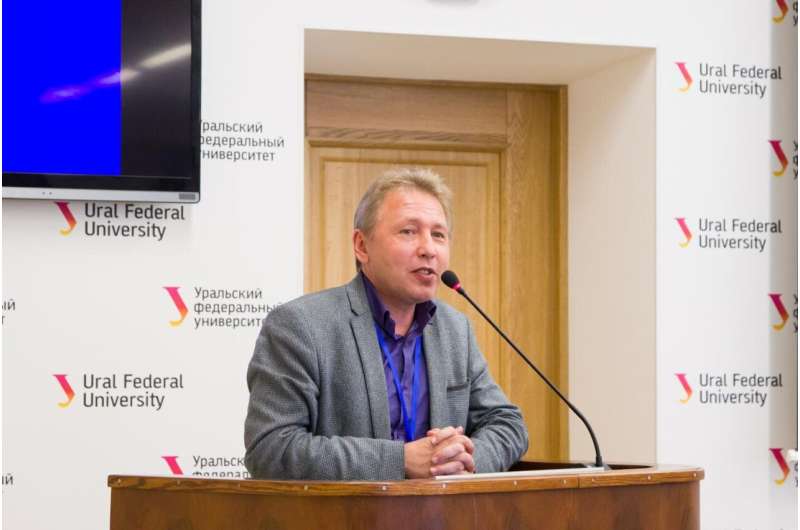
Yoga and breathing exercises have a positive effect on children with attention deficit hyperactivity disorder (ADHD). After special classes, children improve their attention, decrease hyperactivity, they stay alert longer, and they can engage in complex activities longer. This is the conclusion reached by psychologists at Ural Federal University who studied the effect of exercise on functions associated with voluntary regulation and control in 16 children with ADHD aged six to seven years. The results of the study are published in the journal Biological Psychiatry.
“For children with ADHD, as a rule, the part of the brain that is responsible for the regulation of brain activity—the reticular formation—is deficient,” said Sergey Kiselev, head of the Laboratory of Brain and Neurocognitive Development at UrFU, head of the study. “This leads to the fact that they often experience states of inadequate hyperactivity, increased distraction and exhaustion, and their functions of regulation and control suffer a second time. We used a special breathing exercise based on the development of diaphragmatic rhythmic deep breathing—belly breathing. Such breathing helps to better supply the brain with oxygen and helps the reticular formation to better cope with its role. When the reticular formation receives enough oxygen, it begins to better regulate the child’s state of activity.”
In addition to breathing exercises, psychologists used body-oriented techniques, in particular, exercises with polar states ‘tension-relaxation.’ The trainings took place three times a week for two to three months (depending on the program).
“Exercise has an immediate effect that appears immediately, but there is also a delayed effect. We found that exercise has a positive effect on regulation and control functions in children with ADHD and one year after the end of the exercise. This happens because the child’s correct breathing is automated, it becomes a kind of assistant that allows better supply of oxygen to the brain, which, in turn, has a beneficial effect on the behavior and psyche of a child with ADHD,” says Sergey Kiselev.
Source: Read Full Article